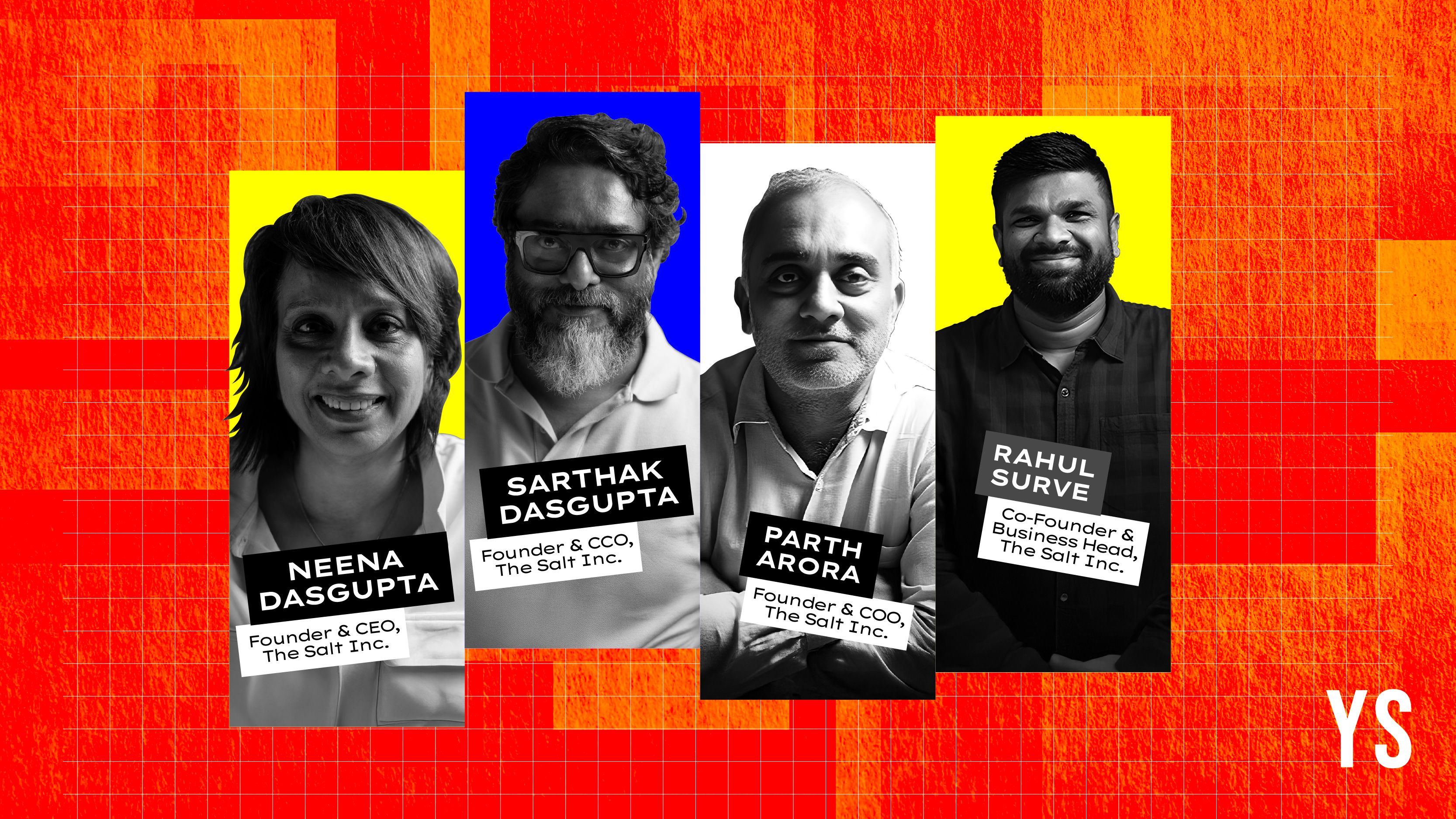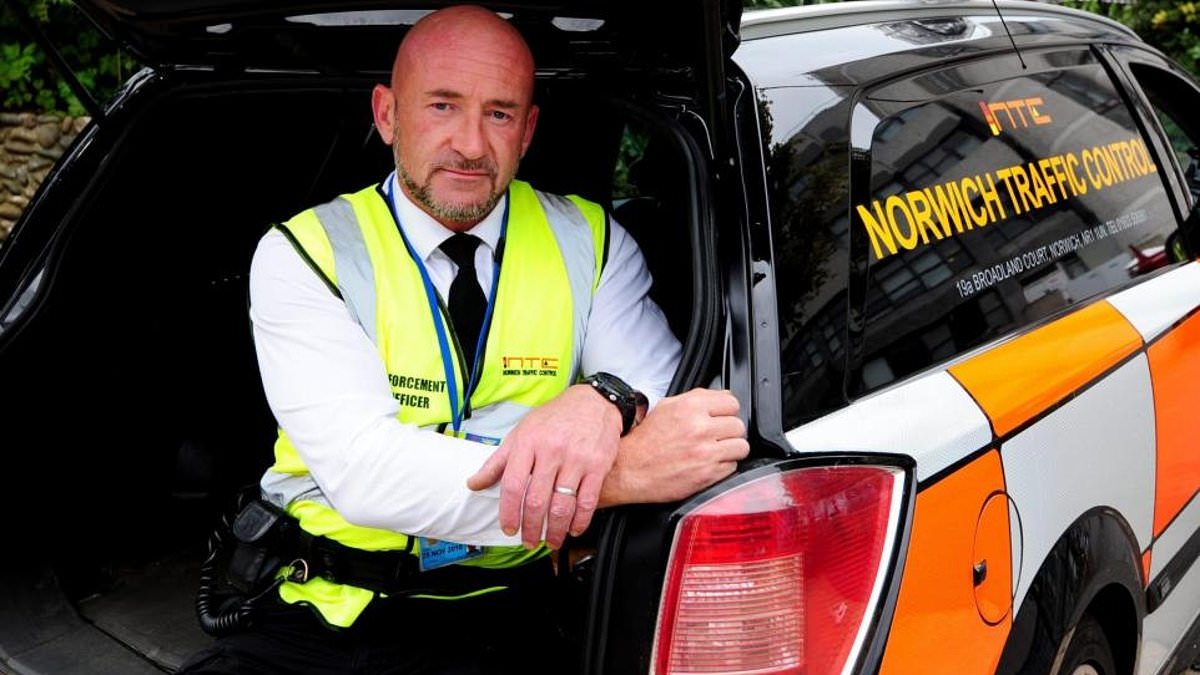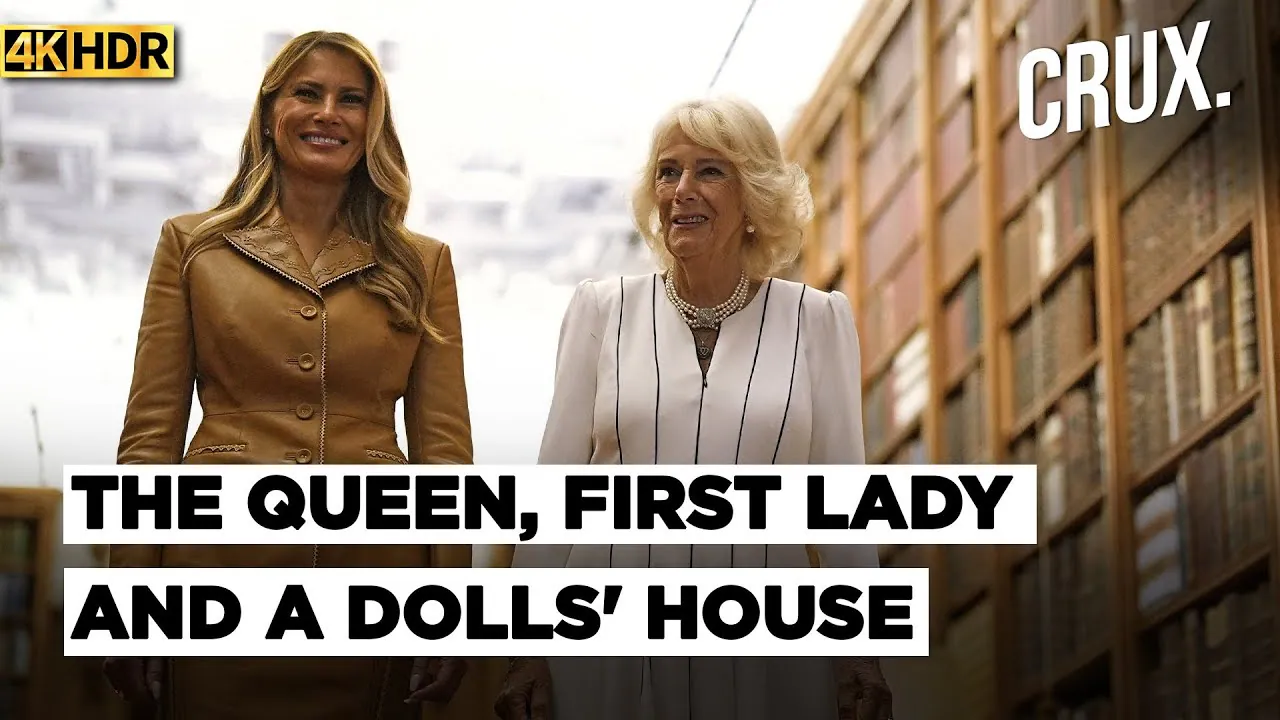By Megha Ghosh
Copyright yourstory

These days, people typically skip, mute, or block ads, and instead choose to engage with short, sharp content on platforms like Instagram, YouTube, and Netflix. The Salt Inc was founded in early 2022 to address the need for engaging content. It is a ‘conversation agency’ focused on helping brands create meaningful conversations with their consumers through content and strategy.
“Advertising is not working anymore. People now consume only content, yet there’s no agency focused on content strategy at scale,” says Neena DasGupta, who drives business and strategy at the firm.
Her career spans nearly three decades in media and content. An economics graduate with an MBA and advanced leadership training, she began in journalism, working with The Economist and other leading media houses, before turning entrepreneur with ventures in publishing and marketing, including Zarca in 2012.
“I’ve always been a content person, and wanted to bring science and accountability into it; that’s what led me to start The Salt,” says DasGupta, who founded the agency with Sarthak DasGupta, an award-winning filmmaker, and Parth Arora, former Head of Production at Netflix South Asia.
What The Salt offers
Mumbai-based The Salt Inc offers two services and a product. Its services are Brand Works, which helps companies design content and conversation strategies, and Salt Studios, an in-house production hub that creates 20-30 videos a day, from AI-generated clips to full shoots.
The product arm is Mindlink, a psychographic insights tool built on The Salt’s own LLM-based agentic AI model. Mindlink allows brands to understand consumers at scale by analysing what people actually want to consume, rather than just what brands want to push.
“Content is not what the brand wants to give; content is what the consumer wants to consume,” says DasGupta.
The team also runs small B2C campaigns under Mindlink, offering individuals psychometric profiles. But the primary focus remains B2B.
The AI and technology edge
Unlike many agencies that depend on third-party AI, The Salt has developed its own OpenAI LLM-powered marketing AI engine within Mindlink. This allows clients to use customised models—for instance, an ‘HDFC Bank GPT’ or a ‘Nestlé GPT’.
The team also uses AI for tasks like plagiarism checks, research, content approvals, and tailored client workflows.
“We really want to use AI where machines can do a better job, but where a human mind is required, we don’t replace it,” says DasGupta.
Early traction and marquee clients
Within days of launching, The Salt signed on three clients: The Economist Group, LTI, and Mindtree. Since then, it has grown to serve more than 20 clients across India, London, the Netherlands, and Singapore, including CNN, Birla Opus, HDFC Standard Life, Motilal Oswal, ICICI, JioChip Industries, and Hawkins.
“While launching Birla Opus Prime, we wanted a content partner who understood our brand vision. Most agencies offered tried-and-tested ideas, but the startup’s team brought originality and a fresh approach. The way they executed with precision and passion made the collaboration truly satisfying,” says Harsh U., Category Head at Grasim Industries (Aditya Birla Group).
Business model and revenues
The Salt works on a project-based revenue model, rather than long-term retainers. The value of projects ranges widely from Rs 4 lakh to Rs 5 lakh for a set of articles or a short video, to Rs 2 crore for large-scale projects.
“We don’t do fixed retainers because we don’t run social media handles. We focus on strategy and project-led content creation,” DasGupta says.
In FY25, the company reported a revenue of over Rs 5 crore, a sharp rise from about Rs 1.8 crore the year before. “We doubled our revenue year-on-year, and expect to more than double again in FY26,” she says.
The Salt remains bootstrapped, with the founders’ own savings of over $1 million. “I’ve invested my life savings in it,” says DasGupta.
But with Mindlink starting to grow, the startup has now begun talks with investors to raise a pre-seed round in the coming months.
The company has 24 employees, including seven in tech and product roles. While the main office is in Mumbai, some team members work from Delhi, Goa, Ahmedabad, and Dehradun.
Challenges and competition
The digital advertising and content market is vast and competitive. Traditional agencies are expanding into content and AI, while consulting majors like Accenture are pushing into communication.
But DasGupta sees the opportunity as too large for competition to be a limiting factor. “Everyone is in competition, all agencies, consulting firms, even the pace of technology itself. The key is to remain agile.”
DasGupta believes the biggest challenge is finding the right people. “Startups are about like-minded people willing to do many things to succeed. The wrong ones can pull you down,” she says.
Another hurdle is the slow approval process at brands, which struggle with the sheer volume of content. To address this, The Salt is developing an AI tool to help brands speed up the approval of large volumes of content (hundreds of articles and videos) each week. The product will allow quick scanning and approvals, cutting delays for brand teams.
Looking ahead
According to the Business Research Insights report, the global content marketing sector is valued at around $575 billion in 2025, and is expected to grow to nearly $1.85 trillion by 2034, with an annual growth rate of about 14%.
“The market is so vast that what we capture today is just a drop in the ocean. But we’re aiming to capture 2% of the serviceable market,” says DasGupta.
The startup plans to take Mindlink to global markets, while keeping its service offerings focused on India and South Asia. “We are not aggressively looking to build a service model in other markets. Our global front-end growth will only come from the product,” says DasGupta.



